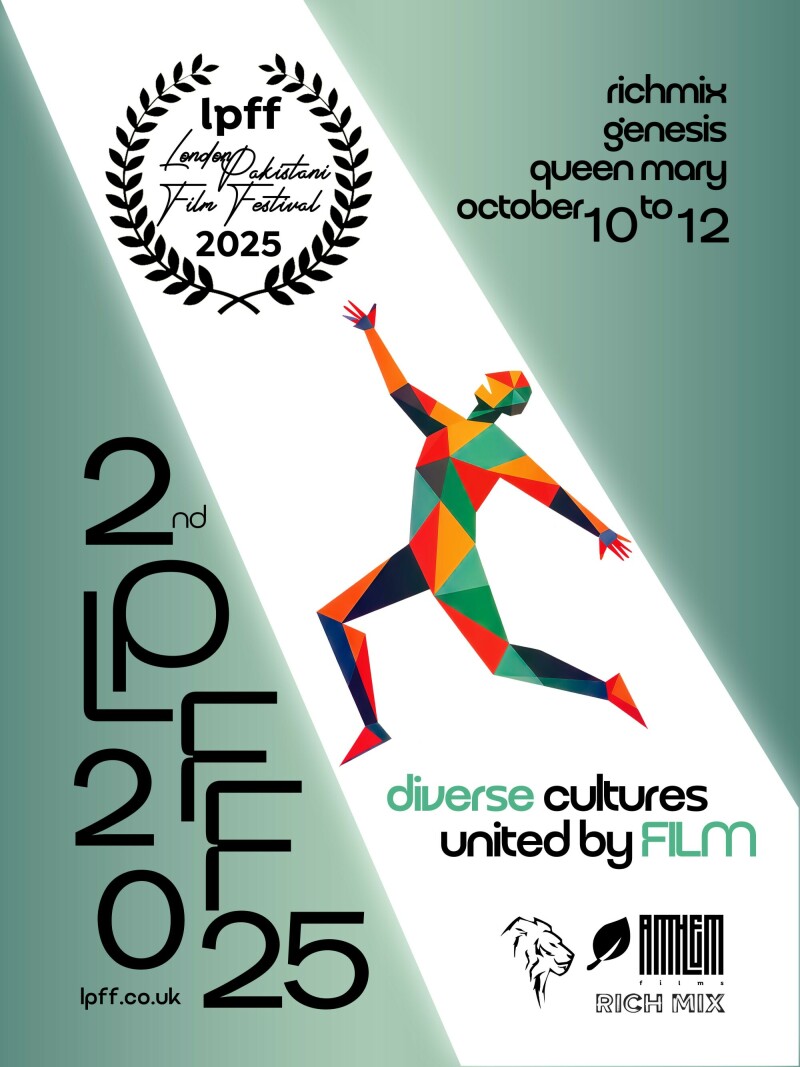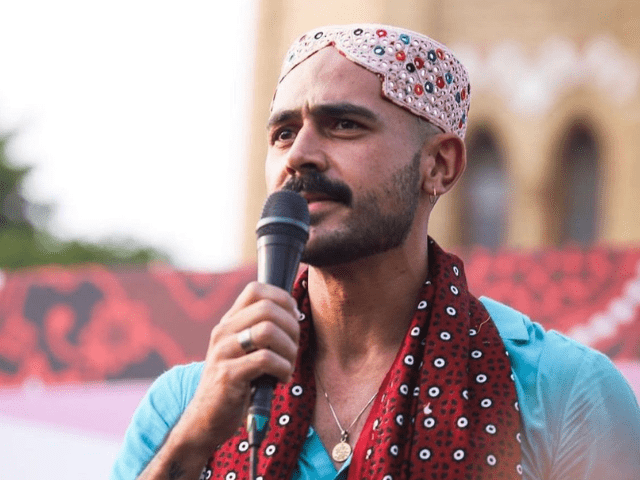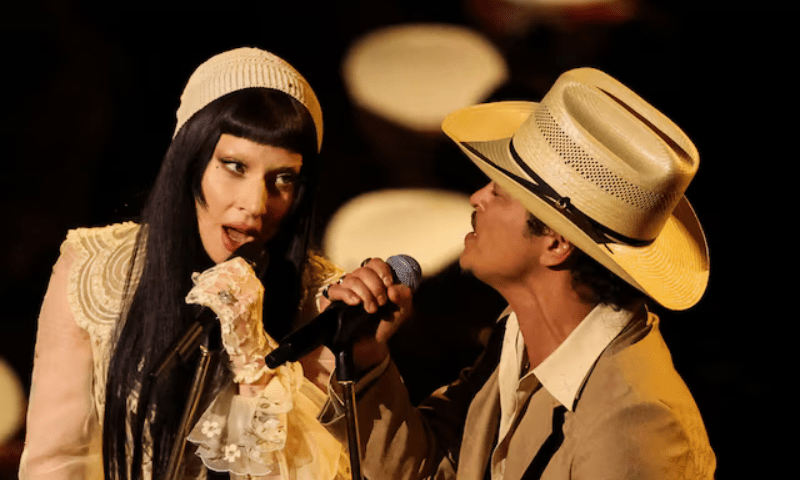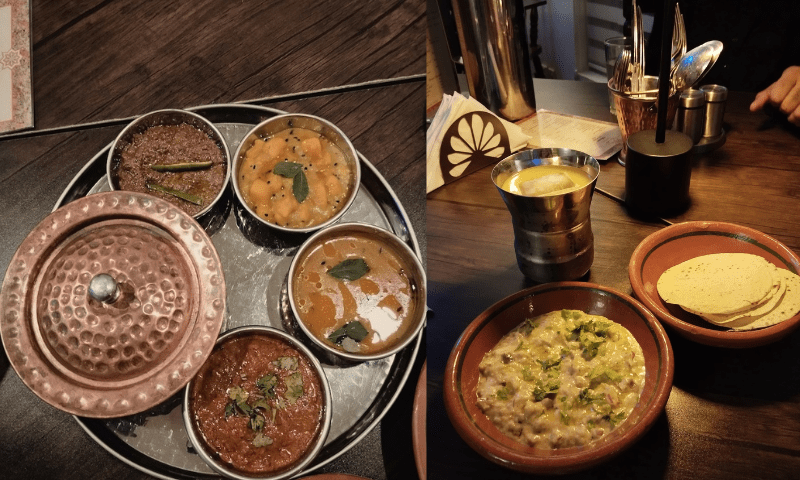What did Pakistan listen to during Ramazan?
With the holy month of Ramazan at an end, perhaps it is time to take stock. One interesting way to do so is to take a look at how Pakistanis interacted with music and audio this month, so I took a look at the data at Patari.pk - a Pakistani streaming app and website and also where I work.
Patari has now been around for three Ramazans (the first during the beta trial phase) and each time a familiar pattern has persisted.
Every year, there is a precipitous drop in both number of users and numbers of songs played in the first week of Ramazan. Every year, those numbers then climb back up nearer to pre-Ramzan levels by the end of the month. Each year, the month overall sees a small dip in the number of users, but a significant dip - often in excess of 50% - in the number of songs or audio tracks played. What this suggests is that users narrow their listening choices, so for example forgoing that new hiphop album for their favourite qawwali on repeat.
Breaking down user patterns, trends for what time they listen to music also change.
Prior to Ramazan, peak hours on Patari are around 10 PM to midnight, PST. However, in Ramazan this peak is dragged back a bit, and users are more likely reach peak activity around 8-10 PM. Moreover, there is a much larger drop in daytime listening, with a fall of over 25% in those hours.
Similarly, the diaspora also changes its patterns. Out of the top foreign audiences, only India sees a negligible change in users. The rest, including UK, UAE and Canada in particular, see significant drops in the time users spend on Patari as well as small drops in total users. While many in India would understand Pakistani songs but not be observing Ramazan, audiences in these other countries are more likely to be observing Ramazan and thus display a change in behaviour.

Now that we know both when users listen and how much they hear, we can also look at what they listen to. Coke Studio, which remains one the most popular content makers all year round, see some interesting changes in their top songs. 'Tajdar-e-Haram' went up to being the no. 1 Coke Studio song played during Ramazan this year as opposed to being no. 3 otherwise. Abida Parveen’s 'Aaqa' sees a similar jump, going from outside the top 10 to no. 4. Her track 'Dost' sees an even bigger jump, going from 25th to 8th.
Similarly, several other qawwali or more obviously spiritual songs crowd the top 20, such as Amjad Sabri and Rahat’s 'Rang', which goes up to 12th, and Javed Bashir and Ali Amat’s 'Man Kunto Maula' at 19th.
An artist whose split career makes Ramazan data particularly interesting is the late Junaid Jamshed. In his all time charts, his top 20 most played tracks are all from his popstar era. However, in Ramazan no less than 12 tracks of his top 20 most played are from his religious oeuvre!
Another one of Patari’s most popular artists, Nusrat Fateh Ali Khan sees changes due to Ramazan. While Nusrat obviously remains one of the most popular artists year around, in Ramazan he goes from the fourth most heard artist to second. Within his works, 'Allah Hoo' goes from 13th overall to the second most heard track during Ramzan, while 'Ali Maula' and 'Makki Madni' both enter the top 10 most played Nusrat tracks in Ramazan while being outside top 10 rest of the year.
An artist whose split career makes Ramazan data particularly interesting is the late Junaid Jamshed.

In his all time charts, his top 20 most played tracks are all from his popstar era. However, in Ramazan no less than 12 tracks of his top 20 most played are from his religious oeuvre! It is a remarkable split, and one that only persists in Ramazan. The months before and after see a fast switch back to dominance by his pop songs.
Some artists inevitably get associated directly with Ramazan, and no artist exemplifies this more than Qari Waheed Zafar, who recited the iconic 'Faslon Ko Takalluf' and 'Zahe-Muqaddar', amongst others. His numbers jumped up 10 times from normal in the first, beta phase Ramazan of Patari. Next year, his play count in Ramazan was 100 times higher than the rest of the year. This Ramazan, his play count is a remarkable 1000 times greater than his yearly numbers.
Finally, lets take a look at the big hits this Ramazan.
With several brands looking to cash in on the festive season, the one brand to make it big was Pepsi who’s 'Safar-e-Noor' with Atif Aslam and Abida Parveen was the fourth most heard track this month.

Also in the top 10 was Momina Mustehsan’s recitation of 'Qaseeda Burda Sharif', and Abdullah Qureshi’s cover of 'Wohi Khuda Hai'. Zohaib Kazi and Riaz Ali Qadri’s spiritual number 'Takht-e-Hazaar' was released before Ramazan, but held strong during the month and ended up as the most listened track. Shafqat Amanat Ali’s 'Ishq Ramazan' also hit the top 20, while there were big jumps for Irfan Ali Taj’s instrumental version of 'Qaseeda Burda Sharif', Amjad Sabri’s old version of 'Tajdar-e-Haram', and 'Faslon Ko Takalluf', Qari Waheed’s famous naat, finished up in the top 30 most played tracks.
Overall, Ramzan offers an interesting insight into how Pakistanis consume audio content. Like with most other things, the changes made during this month aren’t as drastic as one might imagine. And after a little while, just like the fasting, people fall into a rhythm that carries them through the month.
The biggest takeaway for us at Patari from all of this is that Ramazan causes some subtle changes, but not huge ones. Most people still turn to audio, but rather than wanting to listen to something they could dance to, they want something that they can lose themselves in. Listening to music can often be an effective way of forgetting the hunger caused by a fast, and devotional music exists for such efforts.
It is also important to remember that people don’t stop listening to music altogether. While there can be a backlash if one promotes racy music during this month, people still wish to listen to new songs and one can’t forget that either.
Given how much of Pakistnai music these days involves Sufi themes and inspirations, they lend themselves quite naturally to the playlists people make at this time.
Overall, Ramzan offers an interesting insight into how Pakistanis consume audio content. Like with most other things, the changes made during this month aren’t as drastic as one might imagine. And after a little while, just like the fasting, people fall into a rhythm that carries them through the month.














Comments